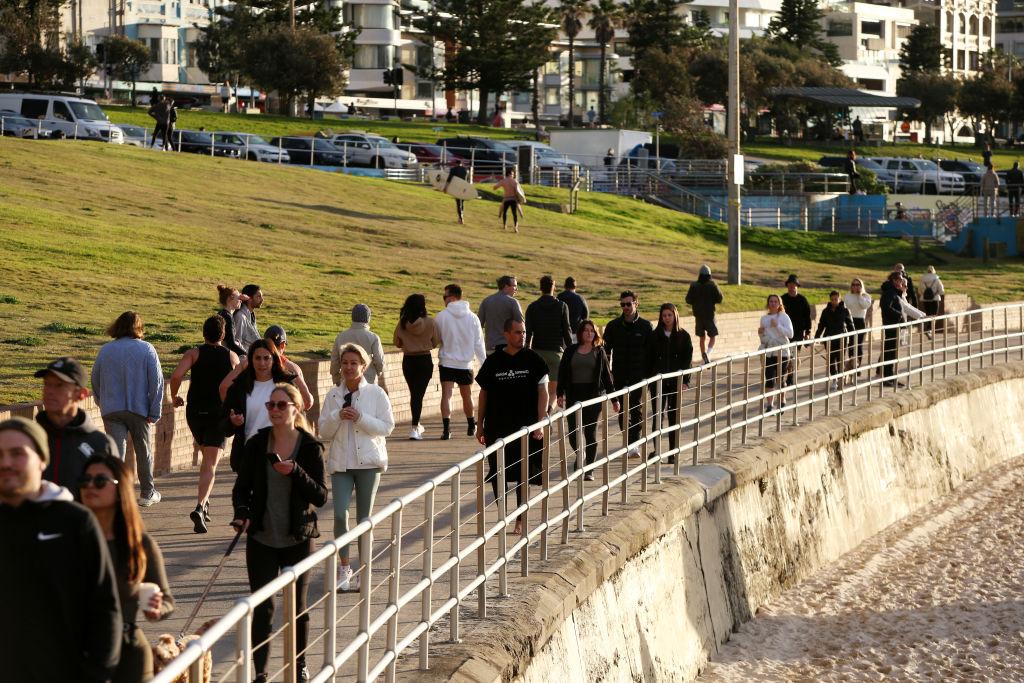Not enough Sydneysiders are practicing social distancing, according to new modelling from the University of Sydney (USyd)—which claims that increased compliance with the restrictions will see a significant reduction of cases.
A group of USyd professors released the findings on July 13, claiming that currently, only 40 percent of the Sydney population was observing social distancing rules, and it was impacting the government’s efforts to suppress the virus.





